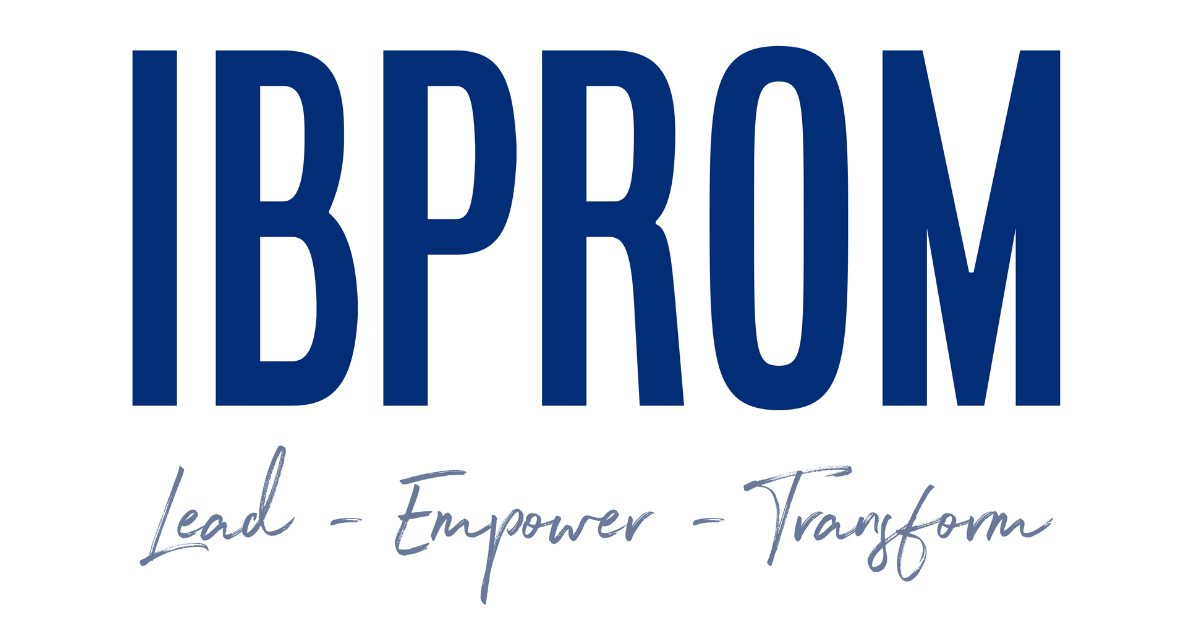In today's rapidly changing and unpredictable business landscape, resilience has emerged as a key leadership quality necessary for organizations to thrive. As companies face increasing competition, technological advancements, and evolving market trends, the ability of leaders to adapt and persevere through change is crucial to their success. By cultivating agile, resilient leaders, organizations can better navigate uncertainties, capitalize on emerging opportunities, and maintain a competitive edge.
Resilient leaders have the ability to remain composed under pressure, recover quickly from setbacks, and adapt their approach to evolving situations. They can remain focused on long-term goals while being agile enough to respond to short-term changes and challenges. This combination of adaptability and determination empowers leaders to guide their teams through turbulent times, bolstering employee morale and maintaining productivity. Additionally, resilient leaders can foster a culture of adaptability, encouraging their team members to embrace change with a positive attitude and seek new ways of achieving their objectives.
To build a resilient leadership team, organizations must invest in targeted development initiatives that focus on enhancing these crucial skills. Evidence-based assessments, facilitation, and coaching can provide leaders with the tools and support needed to successfully navigate change and drive lasting success for their organizations. In this article, we will explore the importance of resilience in leadership, the key traits of resilient leaders, and the ways in which assessment, facilitation, and coaching can help develop this essential leadership quality.
Empower your leaders to navigate change with confidence and drive success for your organization. Learn more about our evidence-based assessments, facilitation, and coaching programs designed to cultivate resilient leadership.
Key Traits of Resilient Leaders
Resilient leaders possess several key qualities that enable them to effectively navigate uncertainty and thrive in times of change. Let's explore four key traits of these adaptable leaders.
1. Emotional Intelligence
Emotional intelligence is a critical component of resilient leadership. It enables leaders to understand and manage their own emotions, as well as those of their team members. This awareness allows resilient leaders to maintain composure during challenging situations, make well-informed decisions, and cultivate a supportive work environment.
2. Agility and Adaptability
Resilient leaders have the ability to quickly adjust their strategies, processes, and mindsets in response to changing conditions. They are agile learners who continuously seek out new information and remain open to feedback, using these insights to improve their approach and remain flexible in the face of change.
3. Strong Problem-Solving Skills
Effective problem-solving is at the core of resilient leadership. These leaders possess the ability to identify potential challenges, assess their impact, and devise innovative solutions to address them. By embracing a solutions-focused mindset, resilient leaders can help their organizations overcome obstacles, minimize risks, and capitalize on new opportunities.
4. Perseverance and Determination
Resilient leaders demonstrate a strong determination to achieve their goals, even when faced with adversity. They remain steadfast in their pursuit of success, using setbacks as opportunities for learning and growth. This perseverance enables them to motivate their teams, maintain a sense of progress, and drive their organizations forward.
Fostering Resilient Leadership through Assessments, Facilitation, and Coaching
Developing resilient leaders requires a targeted approach that addresses each individual's specific needs and growth areas. The following strategies can help organizations build adaptable leadership teams capable of navigating change:
1. Utilizing Evidence-Based Assessments
Evidence-based assessments can provide leaders with insight into their strengths and weaknesses related to resilience. These tools help identify the specific areas in need of development, enabling targeted coaching and development plans to be tailored to each leader's unique needs.
2. Participating in Facilitation and Workshops
Structured workshops and group facilitation sessions focused on resilience can offer valuable opportunities for practicing new skills and learning from others. These sessions may incorporate scenario-based exercises, interactive discussions, and experiential learning activities to help leaders gain practical experience in applying resilient thinking and behaviors.
3. Leveraging Coaching for Personalized Development
Personalized coaching from experienced leadership development professionals can provide leaders with tailored support and guidance as they work to build their resilience. Coaching sessions can help individuals explore their personal challenges, develop coping strategies, and reinforce new behaviors that strengthen their adaptability and perseverance.
Conclusion
In today's dynamic business environment, resilient leadership is essential for organizational success. By developing key qualities such as emotional intelligence, adaptability, problem-solving skills, and determination, leaders can effectively navigate change, sustain morale, and drive their organization's performance. By leveraging evidence-based assessments, group facilitation, and personalized coaching, organizations can foster a strong, adaptable leadership team capable of thriving in the face of continued uncertainty and change.
Empower your leaders to navigate change with confidence and drive success for your organization. Learn more about IBPROM’s evidence-based assessments, facilitation, and executive coaching programs designed to cultivate resilient leadership.







